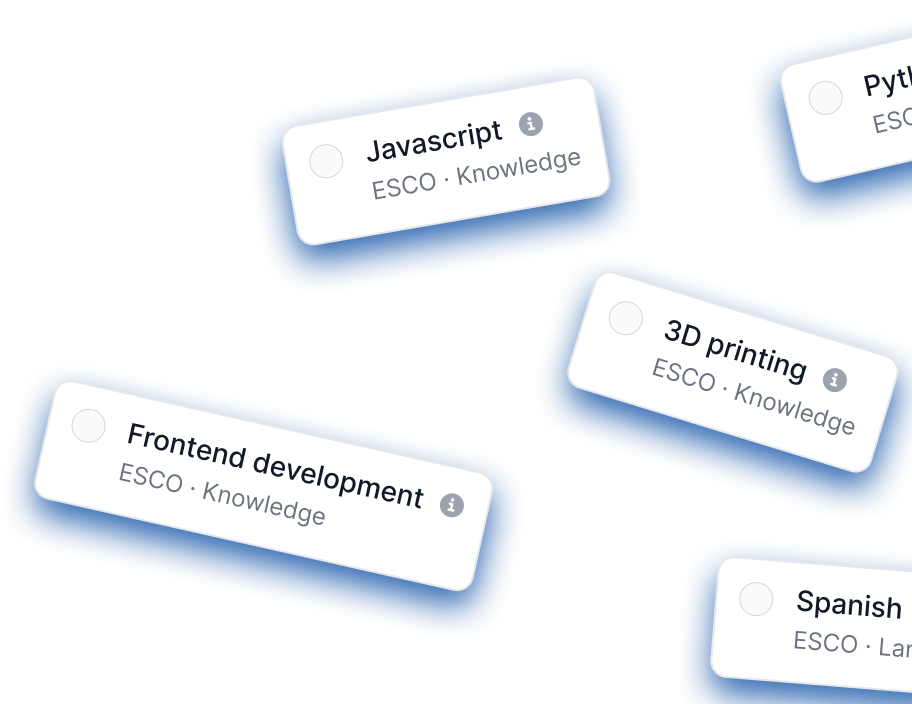Discussing innovation with visionaries, practitioners and policymakers from around the world


Higher Education Institutions (HEIs) are being asked to rise to the twin challenges of digitisation and greening the economy, to do it better by improving access and personalisation, and to do it cheaper given the economic imperatives of an aging population.
Conventional study programmes are ill-suited to provide for this unprecedented acceleration in demand for specific skill sets and HEI processes the cannot keep up with the increasingly nuanced combinations of rapidly changing expectations posed by their students and the workplace.
We believe that these challenges can be addressed by moving from structured degrees and courses to stacks of smaller credentials. Micro-credentials will allow students to assemble portfolios of learning from across institutions, piecing together a range of different competencies and areas of knowledge and skills that make up new forms of qualifications and align with employer requirements.
In the long-term, our projects will increase the quality and quantity of micro-credentials on offer within the European Higher Education Area, as well as enable recognition of those same credentials by different educational organizations and employers.
Strategically, it is believed that in the long-term micro-credentials will become a major pillar of university service, alongside teaching of degrees and research.
In quantitative terms, we expect to see a steady linear growth curve in the number of certified micro-credentials, with a shape similar that to the growth in MOOCs.
Skill Framework Builder is designed to help you easily create, manage, and export machine-readable skill frameworks.

MicroHE provided the most comprehensive policy analysis then conducted of the impact of modularisation, unbundling and micro-credentialing in European Higher Education by:
The MICROBOL project (Micro-credentials linked to the Bologna key commitments) supported ministries and stakeholders in exploring, within the Bologna Process, whether and how the existing Bologna tools can be used and/or adapted to be applicable to micro-credentials.
In this project an international consortium:
MicroCredX project addresses the needs of the strategic triangle of HEIs, the world of work and students.
The key questions the project addresses are: